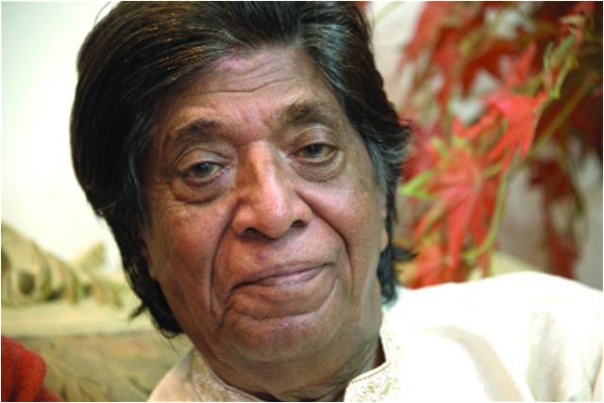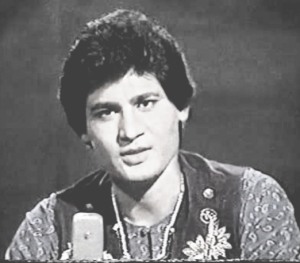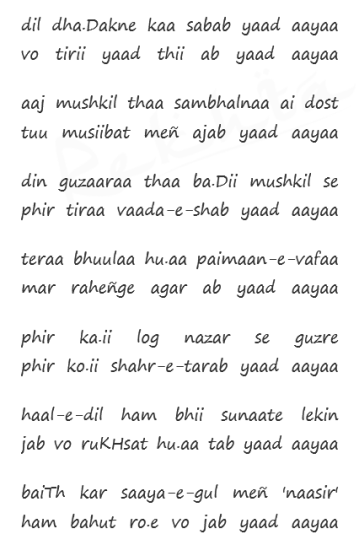A- E
Ali Baksh and Fateh Ali Khan founded this school of Indian classical music in the 19th century. The formidable duo, who trained under stalwarts of the Delhi and Gwalior Gharanas, earned the military titles of Jarnail ( General ) and Kernail ( Colonel) for their singing prowess from the Maharaja of Tonk. The pair were also fondly referred to as Alia-Fattu in the music circles.
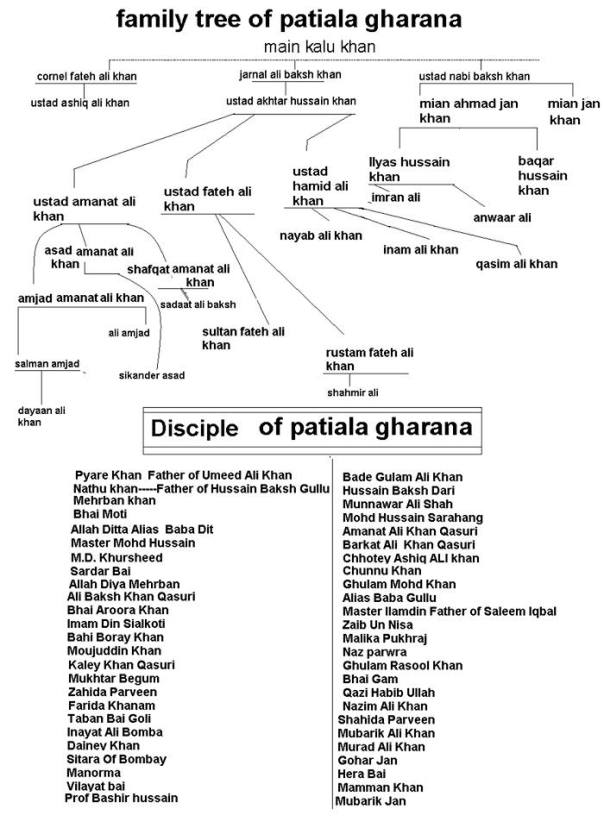
Akhtar Hussain, son of Ali Baksh, was an accomplished musician who enjoyed the aptraonage of the King of Patiala but when partition happened in 1947, he chose to move to Pakistan. It was a struggle to establish himself again because he had left behind everything he owned. He slowly picked up the pieces of his life by giving music lessons.
But let’s talk here of A for “Ashiq Ali Khan”
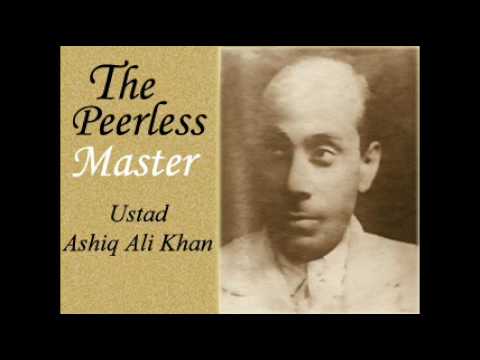
This lesser talked about a artist of the Patiala Gharana was quite a maverick. It would be hard to find a Hindustani classical singer who performs in tailored western suits even in this day and age but that’s precisely what he did. His illustrious father, Fateh Ali Khan, one of the co founders of the Gharana, passed away when he was still in his teens. He received some music training from Ali Baksh, his Uncle and the other cofounder of the Gharana, but soon ran away from home and sought solace in opium and Sufi shrines. Some of his father’s students came to his rescue and made sure he received further training. There’s a story about him being poisoned by jealous contemporaries and his losing his voice. To overcome the setback he is supposed to have developed a special style of singing the highlight of which were the immensely fast,yet precise taans. Ashiq Ali Khan taught several students – names like Zahida Parveen, Farida Khanum, Mukhtar Begum.
B for “Bade Ghulam Ali Khan”
The best known student of Aashiq Ali, Ghulam Ali Khan took the Patiala tradition to great heights. There are many a folklores associated with the singer. How he agreed to sing in Mughal- e – Azam, for instance. Or his return to India from Pakistan
Bade Ghulam Ali is often refered to as belonging to the Qasur Patiala Gharana, an an off shoot of the original Patiala Gharana, but many think that his ties with the other branch were as strong. An article in fact describes his Shakkar ceremony where he officially honoured his Gurus Ashiq Ali and Akhtar Husaain ( Son of Ali Baksh and grandfather of Shafqat Amanat Ali) in a public ceremony.
But Bade Ghulam Ali Khan did add to the Patiala legacy in a big way and is credited for developing Punjabi ang thumri and khayal singing of Patiala.
C for “Coke Studio”
Patiala Gharana has been represented on this music series more than once. Shafqat Amanat Ali‘s immensely popular Khamaj and Ankhon ke Saagar were a part of Season 2. He featured again in the 10th season after a considerable gap.
Meanwhile season 6 featued Ustad Fateh Ali’s son Rustam Fateh Ali Khan
Hamid Ali Khan sang in the season 7
Infact Shafqat has featured even on Coke studio India..a feat matched by Shila Rao when she sang Paar channa de in season 9 of the Coke studio Pakistan
D for “Darbari”
This drut Khayal features the duo of Ustad Amanat Ali and Ustad Fateh Ali Khan which took Patiala to great heights in the 60’ s and the 11 minutes of this recording shows us why. It showcases everything Patiala- the fast taans, the delicate ornamentation and the perfect division of parts while singing in jodis, which is another Patiala tradition.
E for “East meets West”
Fusion experiments with the west in the Patiala Gharana began probably with this collaboration between the Norwegian Sax player Jan Garbarek and Ustad Fateh Ali.
https://soundcloud.com/owais-raza-14/ragas-and-sagas-jan-garbarek-ustad-fateh-ali-khan
Then there was a band called Fuzon …and rest, as they say is history.
to be continued… 🙂


